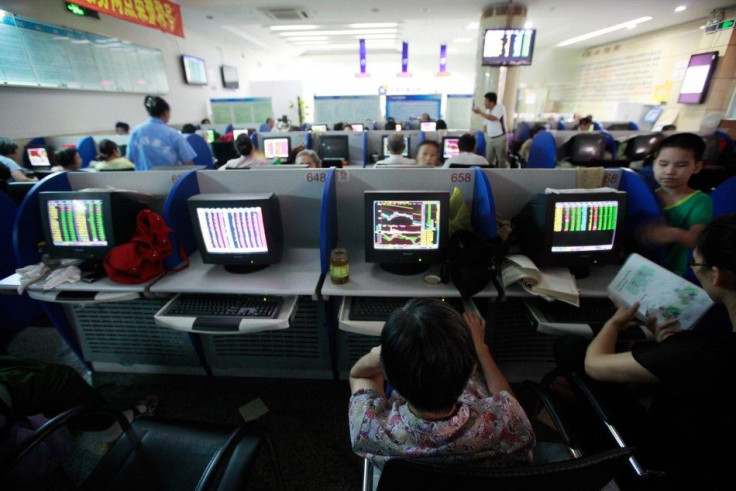Asian Stock Markets Week Ahead: Investors To Focus On Economic Data

Asian stock markets ended on a negative note last week as the disappointing corporate earnings from the major companies in the U.S. and Asia weighed on the sentiment and suggested that the global economic growth momentum continued to falter.
Market participants are likely to turn their attention to the U.S. presidential election and economic data as a slew of reports from the U.S. and Asia are due to be released during the coming week while the barrage of earnings will provide guidance on how much the global slowdown has affected the U.S. The economic data to be reported include China manufacturing PMI and the U.S. non-farm payrolls and unemployment data for October.
The U.S. Department of Labor's monthly non-farm payrolls report, which is the most closely watched economic statement pertaining to the job market and a key gauge for the direction and pace of the economic recovery, is due to be released Friday and is likely to show that the world’s largest economy added 124,000 jobs last month, up from 114,000 jobs added in September. However, the unemployment rate is likely to edge up to 7.9 percent in October from 7.8 percent in the prior month.
"Not many people have the stomach to plop down their bets when polling is so close. For the most part, investors will wait and see what happens. The trend of caution would be especially pronounced in the health care, financial and energy sectors - three areas that may face different regulatory outlooks, depending on the election's outcome," Hayes Miller, the Boston-based head of asset allocation in North America at Baring Asset Management, told Reuters.
In Asia, market participants are likely to focus on the economic releases including China’s official manufacturing PMI for the month of October, Japan industrial production, South Korean CPI and Indian trade balance. Meanwhile, the Reserve Bank of India’s (RBI) policy review and the Bank of Japan’s (BOJ) policy meeting Tuesday will also be closely watched.
Data from China, in particular, will set the tone for regional market mood and is expected to show a slight improvement compared to last month as the HSBS preliminary manufacturing survey last week showed the Chinese manufacturing PMI rose closer to expansionary territory. The HSBC Flash Purchasing Managers Index (PMI), a measure of the nation-wide manufacturing, gained to 49.1 in October from September’s final reading of 47.9.The manufacturing data along with the recent reports suggest that the world's second-largest economy is bottoming out and is poised to recover moderately in the coming months.
The RBI is unlikely to lower India's key interest rate as inflation remains sticky but will opt to cut the amount of deposits lenders must keep with the central bank. Meanwhile, the Bank of Japan’s policy meeting will be on focus as the recent economic reports, including wider-than-expected September trade deficit, raised the hopes that the BOJ would soon announce stimulus measures to boost the economic growth momentum.
Speculation increased after a the Sankei newspaper earlier this week reported that the Japanese government had asked the BOJ to boost the asset purchases by an additional 20 trillion yen, which would bring the whole asset purchase program to 100 trillion yen. However, Japanese Finance Minister Koriki Jojima denied it.
Meanwhile, market participants are also likely to focus on corporate earnings as a slew of companies, including LinkedIn, AIG, Starbucks, Kellogg, Pfizer, MasterCard, Visa, General Motors, Ford and Chevron, are scheduled to release the quarterly results and will offer further guidance on the health of the U.S. companies.
Of the 244 S&P 500 companies that have reported results so far in this earnings season, 62.3 percent have exceeded analysts' estimates, a slight improvement on the typical 62 percent average.
© Copyright IBTimes 2024. All rights reserved.





















